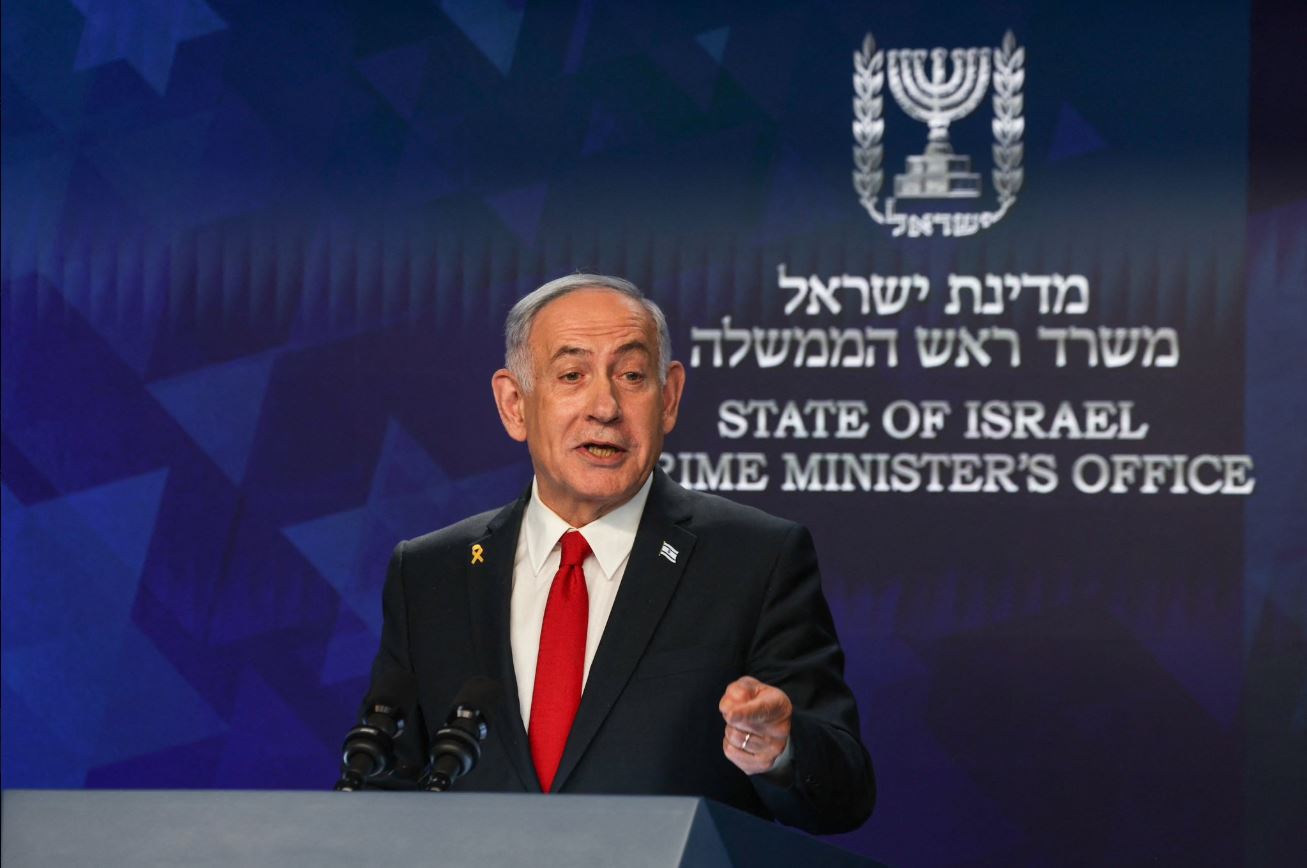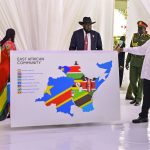Published on 22/05/2025
Israeli Prime Minister Benjamin Netanyahu said on Wednesday, May 21, that he was open to a “temporary ceasefire” in Gaza, as international pressure intensified over Israel’s renewed offensive and aid blockade in the war-ravaged Palestinian territory.
“If there is an option for a temporary ceasefire to free hostages, we’ll be ready,” Netanyahu said, noting that at least 20 hostages were confirmed alive. But he added that the Israeli military aimed to bring all of Gaza under its control by the end of its current operation. “We must avoid a humanitarian crisis in order to preserve our freedom of operational action,” he added.

Netanyahu’s remarks came hours after Israeli troops fired what the army called “warning shots” near a delegation of foreign diplomats visiting the occupied West Bank, triggering global condemnation and fresh diplomatic tension. The Palestinian Foreign Ministry accused Israeli forces of “deliberately targeting by live fire an accredited diplomatic delegation” near the flashpoint city of Jenin.

A European diplomat said the group had traveled to the area to witness the destruction caused by months of Israeli military raids. The Israeli army said “the delegation deviated from the approved route” and entered a restricted zone.
Troops opened fire to steer the group away, it said, adding no injuries were reported and expressing regret for the “inconvenience caused.” European Union foreign policy chief Kaja Kallas called on Israel to investigate the shooting and to hold those responsible “accountable.”
‘Unbearable’
The incident came as anger mounted over the humanitarian crisis in Gaza, where Palestinians are scrambling for basic supplies after weeks of near-total isolation. Palestinian rescue teams said overnight Israeli strikes had killed at least 19 people, including a week-old baby. A two-month total blockade was only partially eased this week, with aid allowed into the territory for the first time since March 2, a move leading to critical food and medicine shortages.
Israel said 100 trucks with aid entered Gaza on Wednesday, following 93 the day before, which the United Nations said had been held up. Humanitarian groups have said that the amount falls far short of what is required to ease the crisis.
The army stepped up its offensive at the weekend, vowing to defeat Gaza’s Hamas rulers. Israel has faced massive pressure, including from traditional allies, to halt its expanded offensive and allow aid into Gaza. Kallas said “a strong majority” of EU foreign ministers backed the move to review its trade cooperation with Israel.
‘A total misunderstanding’
Sweden said it would press the 27-nation bloc to impose sanctions on Israeli ministers, while Britain suspended free-trade negotiations with Israel and summoned the Israeli ambassador. Pope Leo XIV described the situation in Gaza as “worrying and painful” and called for “the entry of sufficient humanitarian aid.”
Israel’s Foreign Ministry has said the EU action “reflects a total misunderstanding of the complex reality Israel is facing.”
Germany defended a key EU-Israel cooperation deal as “an important forum that we must use in order to discuss critical questions” over the situation in Gaza. In Gaza, Israel resumed its operations across the territory on March 18, ending a two-month ceasefire.








